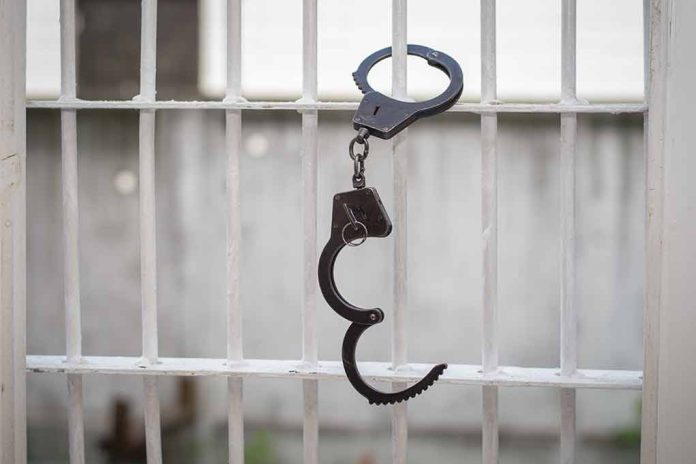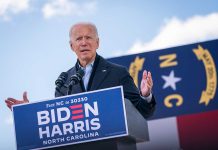
In a world where diplomatic chess moves often leave us scratching our heads, the recent prisoner swap saga involving the late Alexei Navalny reads like a Tom Clancy novel – minus the happy ending. While many may be skeptical of deals with adversaries, when American lives are on the line, even the most hardened among us might soften. This tale of high-stakes negotiation, tragic timing, and geopolitical maneuvering is one that demands our attention, not just for its immediate impact, but for the precedent it sets on the global stage. So, prepare, folks – we’re diving into a story that’s as complex as it is consequential.
The Swap That Almost Was
In a revelation that adds a layer of tragedy to an already somber story, it has come to light that the United States was actively working to include Alexei Navalny in a prisoner exchange with Russia before his untimely death in February 2024. This information, coming from high-level sources, paints a picture of what could have been a significant diplomatic breakthrough.
National Security Advisor Jake Sullivan shed light on the situation, stating, “We had been working with our partners on a deal that would have included Alexei Navalny. And unfortunately, he died.” This statement not only confirms the efforts to free Navalny but also underscores the complex and often unpredictable nature of international negotiations.
The US tried to secure Alexey Navalny's release in a historic prisoner swap with Russia before his death https://t.co/4EHRg3b0vC
— Business Insider (@BusinessInsider) August 1, 2024
The Historic Exchange
While the attempt to include Navalny did not come to fruition, a historic prisoner swap did occur between the U.S., Russia, and several other countries. This exchange resulted in the release of 24 individuals, including Russian dissidents and American citizens, marking one of the largest such swaps since the Cold War era.
Jake Sullivan highlighted the unprecedented nature of this exchange, noting, “Not since the Cold War has there been a similar number of individuals exchanged in this way and there has never, so far as we know, been an exchange involving so many countries.”
Among those released were Evan Gershkovich, a Wall Street Journal reporter, and Paul Whelan, a former U.S. Marine. Their freedom came at a significant cost, as the deal involved the release of Vadim Krasikov, a Russian assassin convicted in Germany.
Ethical Considerations and International Relations
The inclusion of Krasikov in the swap has raised eyebrows and concerns about the precedent it sets for future negotiations. Critics argue that exchanging convicted criminals for innocent detainees could incentivize further wrongful imprisonments by hostile states.
President Bide, however, said, “There’s nothing that matters more to me than protecting Americans at home and abroad.” This sentiment, while understandable, opens up a complex debate about the ethics of such exchanges and their long-term implications for international justice.
The swap also demonstrates the intricate web of international diplomacy, with countries like Germany, Norway, Poland, and Estonia playing crucial roles. This multilateral approach highlights the importance of alliances in navigating complex geopolitical challenges, especially in light of strained U.S.-Russia relations following the 2022 invasion of Ukraine.
Navalny’s Legacy and the Road Ahead
Alexei Navalny’s death while serving a 19-year sentence for exposing Kremlin corruption serves as a stark reminder of the risks faced by those who challenge authoritarian regimes. His potential inclusion in the prisoner swap adds a bittersweet note to his legacy, underscoring both the international recognition of his significance and the tragedy of his loss.
As we reflect on these events, it’s clear that the ethics of prisoner exchanges and the pursuit of justice in an increasingly complex global landscape will continue to be pressing issues. These developments offer much to consider about the delicate balance between protecting our citizens and upholding our principles on the world stage.
Sources
- US Wanted to Free Navalny in Swap Before He Died
- U.S. wanted Navalny as part of historic prisoner swap with Russia
- Alexei Navalny was supposed to be included in prisoner swap with Russia before he died, WH says
- Inside the deal that led to a blockbuster prisoner swap between U.S., Russia
- Remarks by President Biden on Freeing Americans Detained in Russia
More from Around the Web
Reports suggested Navalny was close to being freed before his death:

















